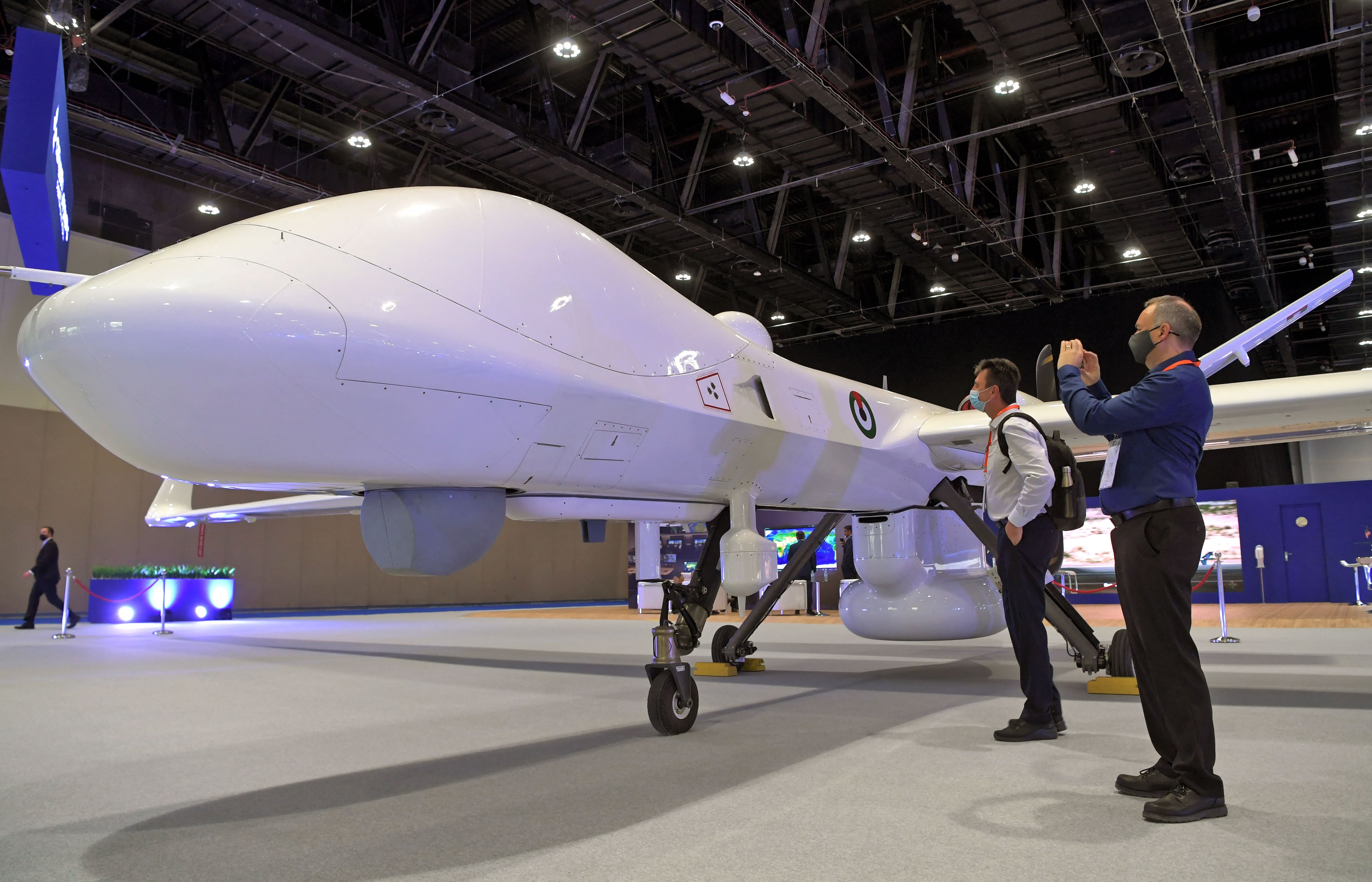As a budget-pressured Defense Department strives to improve efficiency and cut costs, it is increasingly turning to joint enterprise licensing agreements, known as JELAs. Similar to the strategic sourcing model, a typical JELA involves several DoD organizations merging their requirements for a specific project or service into a single agreement that is carefully tailored to meet all of their needs.
The approach, which has gained momentum over the past three years, is designed to help DoD better leverage its buying power by requiring organizations with basically the same needs to enter into joint licensing agreements with one or several suppliers. A side benefit to JELAs is that they besides helping to conserve scarce funds, the method also promotes increased conformity and standardization across DoD organizations. "The branches have recognized that multiple applications and multiple iterations of the same application are wasteful, and they are looking to this as a way to get a handle on that," stated Deltek Federal Analyst John Slye in a recent C4ISR & Networks editorial whitepaper, "DoD's New Acquisition Model: Joint Enterprise Licensing," published in 2014.
JELA awards
The first JELA was awarded to Microsoft in January 2013. The $617 million agreement was designed to support Army, Air Force and Defense Information Systems AgencyDISA IT needs, including data center consolidation, collaboration, cybersecurity, mobility and cloud computing. Technologies included in tThe three-year agreement, covering nearly 75 percent of DoD personnel, included were Windows 8 Enterprise, Office Professional Plus 2013 and SharePoint Enterprise CAL 2013. At the time the award was announced, DoD said claimed that the deal would result in $100 million in cost savings over the life of the contract.
In March 2014, a three-year, $40.5 million JELA was awarded to CDW-G, Adobe's largest reseller. The agreement was designed to give the Army, Air Force and Defense Information Systems Agency (DISA) the ability to standardize on Adobe Creative Cloud products, (including Adobe Photoshop,) as well as Adobe Acrobat and Adobe Experience Manager. Adobe and CDW-G worked in conjunction with IT solutions provider Carahsoft on the contract.
A JELA awarded to Cisco in September 2014 enabled all DoD organizations that enrolled in the contract have access to Cisco Smart Net SMARTnet Total Care technical support and additional resources directly from Cisco. The resources included technical education, classified network services, and engineering and consulting support. All DoD organizations were eligible to enroll in the contract, which provided coverage for all Cisco hardware and software. The contract specified one nine-month base period and four one-year option periods.
Future outlook
JELAs tend to be most effective when addressing easily commoditized, off-the-shelf technologies that can be deployed in high volume, which DoD plans to do will be doing much more of as it continues moving to the commercial cloud, cyber and other emerging IT technologies. Large-scale projects are also prime candidates for JELA contracts due to both efficiency benefits and economies of scale. "This way they are able to source the software at a major discount, because of the size of the contract," Ben Bourbon, vice president of defense at CDW-G, observed in the editorial whitepaper.
Yet the road to future JELAs won't be obstacle free. A setback occurred in March 2015, when DISA found itself scorching a $1.6 billion JELA with VMware after several competitors charged that the deal was rigged against them. The planned five-year virtualization technology agreement between VMware and the Army, Navy, Air Force and DISA raised eyebrows almost from the start, since because other suppliers were effectively excluded from the bidding process.
While VMware is a dominant server virtualization technology provider, it isn't as strong in other key virtualization areas covered by the pact, including desktops, storage and networks. Four companies with large footprints in one or more of those virtualization technologies—Amazon Web Services, Citrix Systems, Minburn Technology Group and Nutanix—filed protests with the General Accountability Officer (GAO). Cisco, meanwhile, voiced its concerns directly to DISA.
DISA responded by issuing a document, "A Justification For Other Than Full And Equal Open Competition," in which it claimed that it was OKokay to limit bidding because the VMware deal would ultimately help DoD save money. The competitors didn't buy this argument, however, and DISA, bowing to growing pressure, canceled the deal.
Still, the future outlook for more JELAs remains bright. "As we get better at this we want to build repeatable processes for the joint environment," stated Keith K. Nakasone, technical director in the DISA Procurement Directorate, in the editorial whitepaper. "Right now ‘joint’ is two or more. Eventually it will be DoD-wide, but it is an evolving process right now."







